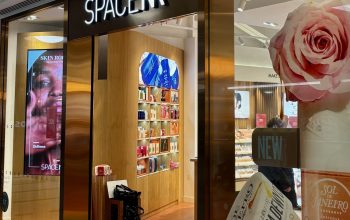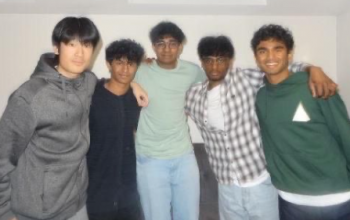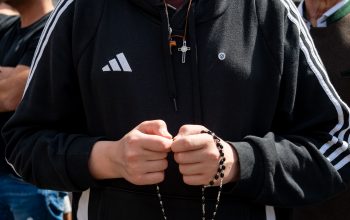Four Kingston clubs launched controversial ID scanners this weekend which could see troublemakers banned for life.
Oceana, McCluskys, the Hippodrome and the Kings Tun all installed the system on Friday 26th October, just a day after the fatal stabbing of Jamie Sanderson in Oceana. The initiative aims to make nightlife safer by detecting fake IDs, storing information and tracking clubbers across town.
But civil rights groups are concerned about clubs storing and sharing personal information which could see ravers banned from clubs across the UK.
Emma Carr, deputy director of civil liberties campaign group Big Brother Watch, said: “Any information held on an individual that could lead to them to be refused service should be in the aftermath of police proceedings rather than speculation and gossip on one doorman’s say so.”
The system will enable clubs to store information about clubbers which will be automatically available to all other Scan Net enabled clubs.
Town Centre Manager PC Gary Taylor said club managers would be “proportionate” in their use of personal information. But he agreed that there was a need for further protocol about how clubs acted on the information linked to peoples’ ID.
He said: “Clubs can ban people for however long they determine – a week, a month, forever – and we’re going to draw up some protocol around that.”
PC Taylor added that the technology would mainly be used to prevent customers using fake IDs and could dramatically reduce crime.
He said: “We get people coming from all over the world and doormen don’t know what their IDs look like so you get a lot of fake ones. There’s a big link between people coming in with fake ID and people wanting to commit crime.”
The police hope to use the system for making arrests. By monitoring all club entrants, they will be able to match victim descriptions against a virtual identity parade.
Manager of McCluskys, Agran Nikaj said: “It’s great. If someone misbehaves in the venue, their details can easily be found and handed over to police.”
But the scheme can do little to prevent crimes such as the fatal stabbing of Jamie Sanderson unless the perpetrator is using a fake ID or has previously committed violence.
It also doesn’t come cheap, with top prices reaching £4,750 for the basic package and increased amounts for finger printing systems and other add-ons.
Phil Garside, National Pubwatch representative for Surrey acknowledges the high cost may be off-putting to smaller venues. He said: “It’s quite an expensive system for people to invest in.”
All venues over a certain size have already contributed to the scheme, in the form of a Kingston First subsidy, but most will still not be able to afford the technology.
Businesses in Kingston over a certain size pay 1% extra on top of their business rates which goes to Kingston First and has been used to part fund this initiative.
Kingston First were unwilling to disclose the amount they have sponsored the scheme by but Nikaj confirmed the package was still “very expensive – in the thousands”.
PC Taylor said clubs would still want the scheme. He said “ultimately the venues are taking most of the costs for themselves because they see it as a positive step, we’re using technology for all the reasons that are good.”
Scanners are now in place in four venues but Oceana are currently closed with their licence suspended due to the fatal stabbing of Jamie Sanderson last Thursday.




